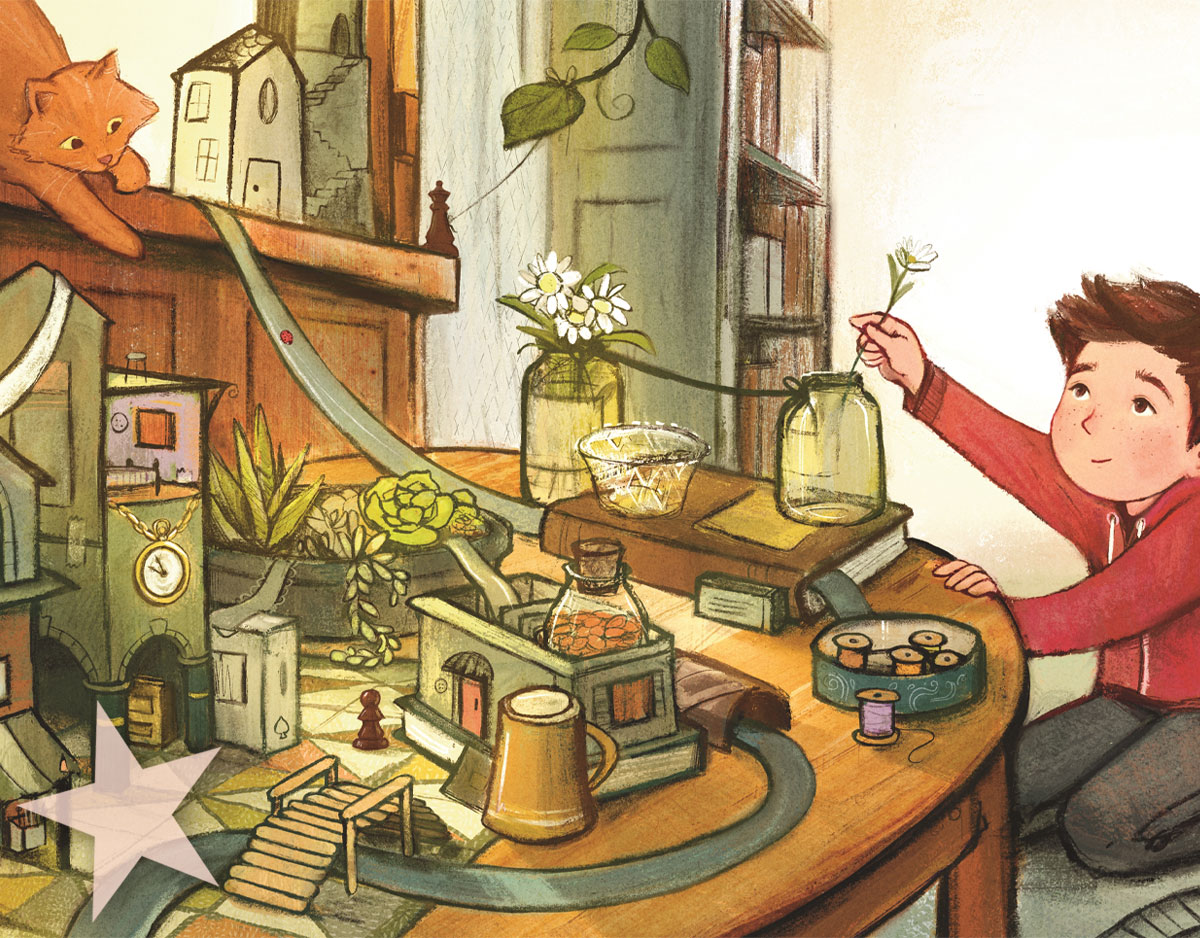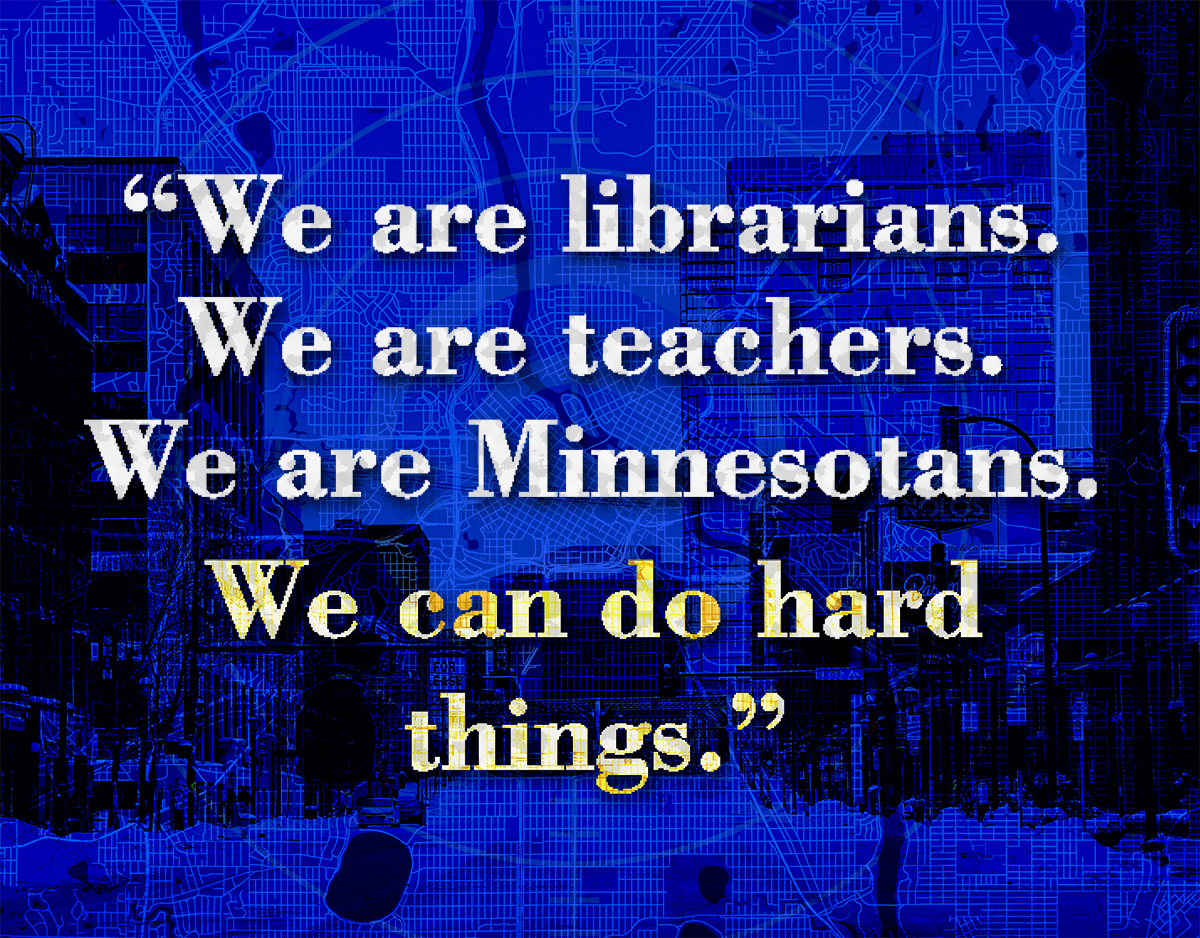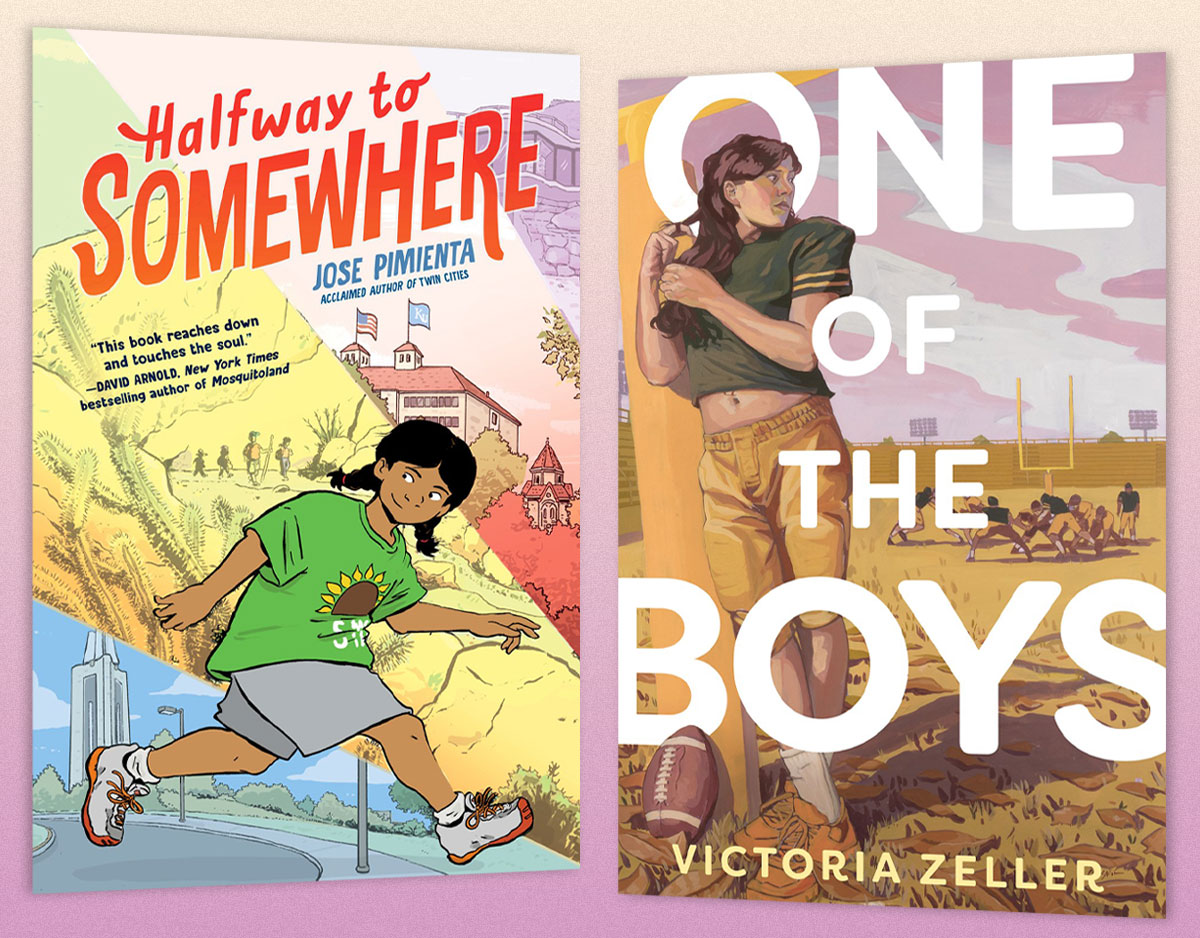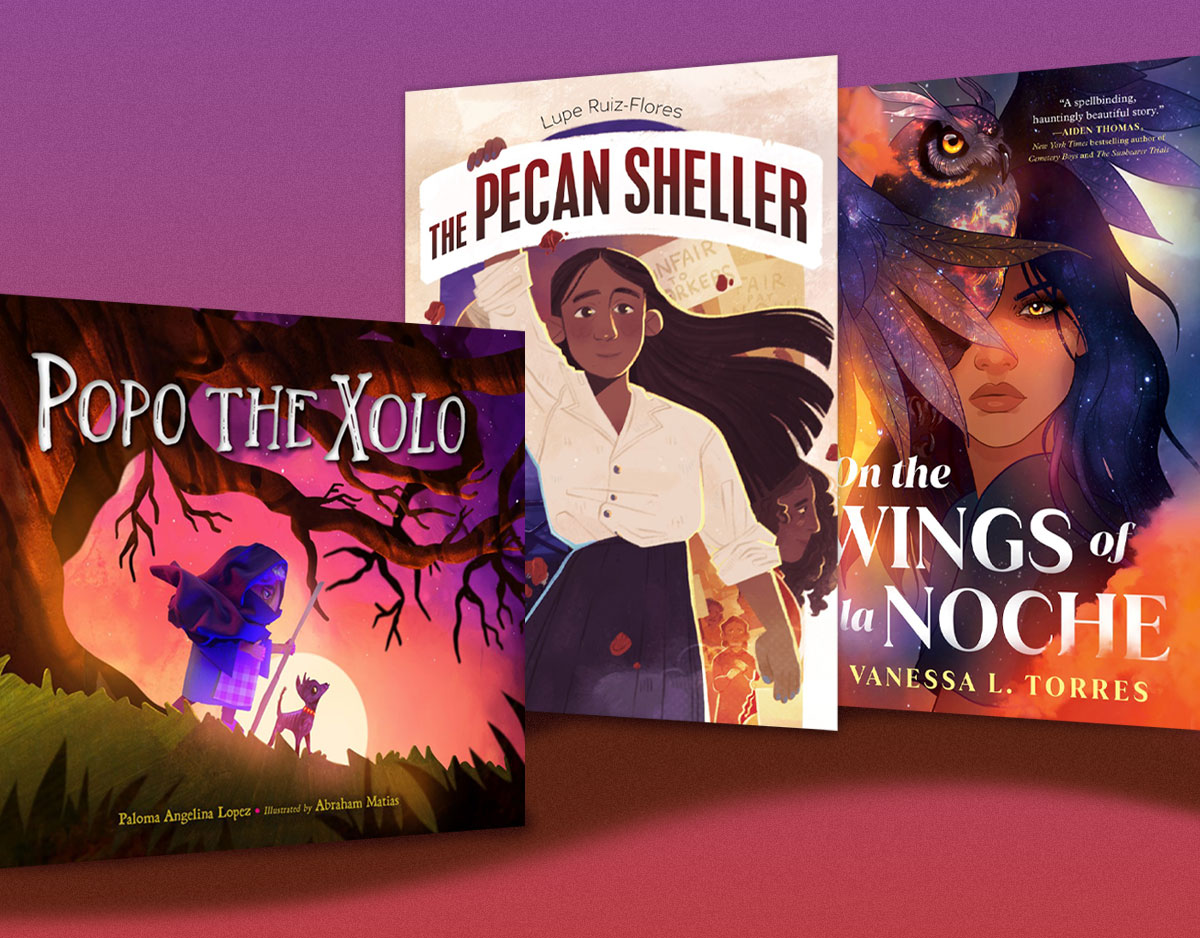SCROLL DOWN TO READ THE POST
Guest Post by Gabrielle Bondi… Five Things Readers and Fans Don’t Know About YA Movies But Should (Part 1)
Young YA fans certainly know all about their favorite books and authors, and it’s exciting when they learn that one of their favorite stories will be presented in a different medium: film. However, they may not yet understand how the movie business works. It’s common that they’ll end up with an unrealistic (or completely wrong) set of expectations regarding YA adaptations.
With this in mind, the following points represent ways that you can inform YA readers and fans about what to expect when their favorite novel may— potentially—be adapted into film.
ADVERTISEMENT
ADVERTISEMENT
 1. When a studio or producer options the film rights to a novel, that does not guarantee it will be adapted.
1. When a studio or producer options the film rights to a novel, that does not guarantee it will be adapted.
In the wake of Twilight and The Hunger Games, any kind of movie news revolving around a new YA adaptation is eagerly celebrated. Once announced that a certain studio has purchased the film rights to a new young adult book, I instantly see fans freaking out on Twitter and fan-casting each role on Tumblr. My first reaction is to say “Hold up!” I hate to be a killjoy, but it’s important not to let fans get ahead of themselves. When a producer, company or studio options a YA title, they are merely buying the rights so that they have the option to turn the novel into a film one day. That’s it.
If one were to take a look at all of the YA titles optioned in the past two or three years, they’re all in different stages of development. Many have scripts, but hardly any have gone through production or even been green lit. Only a few, like Sony’s The Mortal Instruments and Warner Bros.’ Beautiful Creatures, have managed to get far. Many other adaptations are highly dependent on whether those two movies (which, I should point out, have not reached the same level as popularity as Twilight and Hunger Games) are critically and, most importantly, financially successful. Until it can be determined that YA adaptations can be successful without being full-blown cultural phenomena, many options will be collecting dust on studios’ shelves.
 2. A little research on the people or company that optioned a favorite YA book can provide a great idea of what to expect.
2. A little research on the people or company that optioned a favorite YA book can provide a great idea of what to expect.
The first things I pay attention to when reading a YA movie news announcement are the people and company bringing this story to the big screen. The names of the producers and others behind the film are very important to note as they can give an early indication of what to expect. For instance, if a small production house nabs the rights to a title, it’s likely going to take a little longer for things to get started. The reason for that is smaller production companies can’t afford all of the costs. Therefore, they usually team up with major studios (e.g., Warner Bros., Universal, etc.) to gain financial backing for the project. Of course some titles are harder to sell to major studios than others. (I’ll elaborate more on that in Point 4.) Therefore, if you see a favorite YA book getting optioned by a company you’ve never heard of, be prepared for a possibly long (and bumpy) road ahead.
Another thing fans should pay attention to are the people hired to make this adaptation happen. With just a few Google searches, one can track down the producer’s, screenwriter’s, or director’s previous works. Fans can look at the type of movies they have made. From there one can sort of determine what kind of style or tone to expect and better judge if the story is in the right hands. In addition, readers can get a better idea of how serious and committed someone is to the project. In many cases, especially for directors, they become attached to a multitude of films at once: obviously they can’t direct them all. For example, post-Twilight, director Catherine Hardwicke was attached to direct several films, three being YA adaptations. She eventually dropped from all three of those adaptations. Hence, if you see that a director has many projects on his or her upcoming film slate, it’s possible he or she may drop the particular adaptation you’re looking forward to.
Finally, one of the biggest indications is when the latest developments for an adaptation were made public. If news came out a couple weeks or even a few months ago, clearly the studio and producers are still interested in the project. But if it’s been more than 18 months since anything new developed, well, I suggest telling readers not to hold their breath.
3. Unless stated otherwise, the author usually has little influence on what happens with the film.
As part of the excitement of seeing their favorite book on the big screen, readers and fans can tend to ambush authors with questions about the movie adaptation, mostly about casting. It’s important to remind them that authors, in most cases, do not get too involved with the film adaptation of their novel. Authors may share notes with the screenwriter and director, visit the set, and maybe even get a small cameo. Still, they aren’t in a position to make decisions for the film. Yes, there are times when the author produces, writes and even directs their own movie adaptation (Suzanne Collins and Stephen Chbosky are recent examples). I will also note that more and more authors are seeking producing roles when they hammer out those film rights negotiations. But if I take a look at what has been optioned as of this moment, most of those who’ve gotten movie deals have given the producers the rights to do whatever they please with the story on film. Therefore, the author has no influence on how the movie will turn out.
Sure, authors may know a little more than we do about the status of a given film, but often they don’t know the details or, if they do, can’t share them. I’ve seen authors blog numerous times about readers and fans asking them for movie news. For example, posts from popular YA authors like Ally Carter’s (Heist Society) and Gayle Foreman’s (If I Stay) have given a real indication of how involved such authors are… which, usually, isn’t much.
###
[Want to check out Part 2, in which the notion of a film “ruining” a book is addressed? Well, here it is. -Peter]
Filed under: Fandom, Media Literacy, Movies, Transliteracy, YA Literature
About Peter Gutierrez
A former middle school teacher, Peter Gutierrez has spent the past 20 years developing curriculum as well as working in, and writing about, various branches of pop culture. You can sample way too many of his thoughts about media and media literacy via Twitter: @Peter_Gutierrez
ADVERTISEMENT
SLJ Blog Network
Fuse 8 n’ Kate: Flotsam by David Wiesner
2026 Youth Media Awards
Goodbye for Now
Young Teen Lit Top 10
The Classroom Bookshelf is Moving
Kelly Yang on Storykind
ADVERTISEMENT
ADVERTISEMENT







